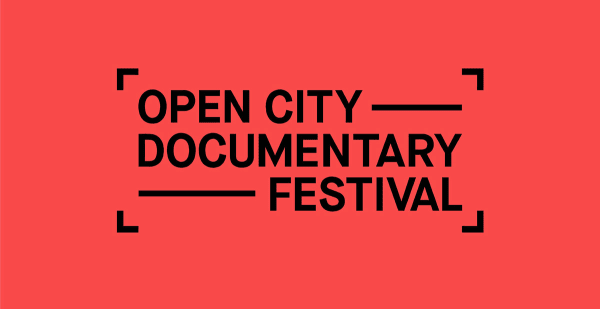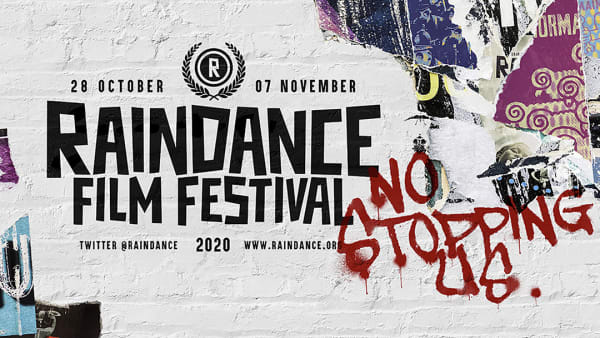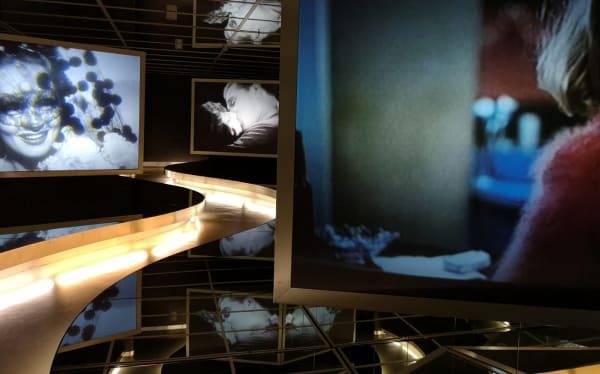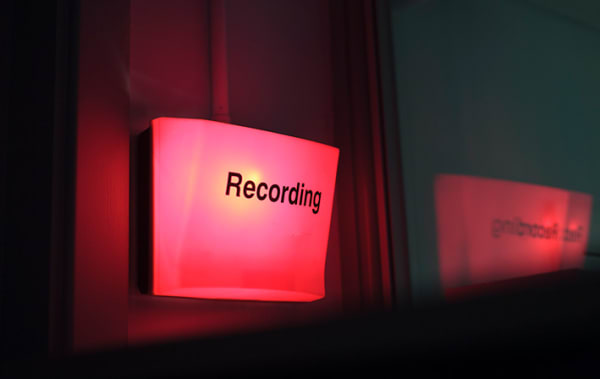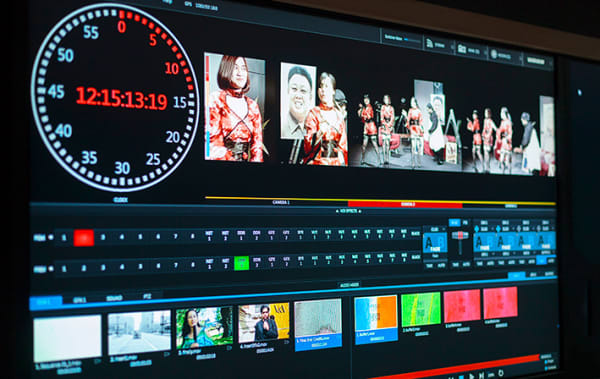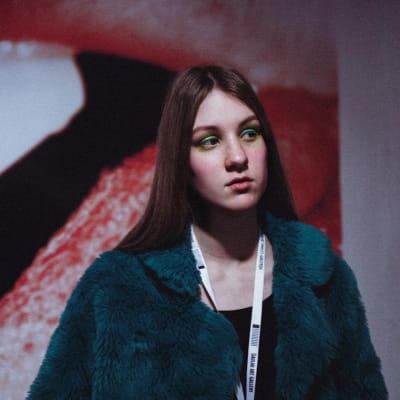Course units
In response to the Climate Emergency, UAL has embedded responsible practices within the curriculum. We shaped our courses around principles of social and racial justice, and environmental sustainability to ensure that our learning outcomes reflect the urgent need to equip you with the understanding, skills, and values for ethical practice and empower you to work towards an equitable future.
In common with all courses at the University of the Arts London, this course is credit rated. The course is 3 years, levels 4-6. Each year requires you to achieve 120 credit points. To be awarded the BA (Hons) Film and Screen Studies qualification, you need to accumulate a total of 360 credits.
Year 1
Introduction to Film and Screen Studies (20 credits)
This unit introduces key aspects of the course: methodologies and tools for successful research and written work, skills in visual and verbal pitching for academic papers, critical review and curatorial purposes.
Moving Image as an Art Form (40 credits)
This unit provides a grounding in the significance of the moving image as an art form through the 20th Century. Students explore, debate and reflect on the World Cinema, including examples from European Arthouse, Soviet, Chinese, Korean, as well as the Global South and American Independent and Experimental film and television. Through screenings, lectures and seminars, students build an appreciation of film and screen media, as well as critical theoretical perspectives on it.
Innovation and Storytelling (40 credits)
This unit examines the historical and contemporary contexts of how innovation has influenced storytelling and interactivity on the screen (from silent cinema to VR and AI), as well as changing discourses in film curation and scholarship. It also explores how technological advancements within the moving image industry have contributed to environmental challenges while investigating opportunities for more sustainable practices.
Curating for the Screen (20 credits)
This unit introduces and examines the practical and critical skills for curating a screening event. Study trips to film festivals and cultural organisations will enable students to demonstrate an awareness of industry and external practices. The result will be a proposal for a screening event that challenges the misrepresentation or marginalisation of a specific screen culture.
Year 2
Interrogating the Truth (40 credits)
This unit examines the documentary form through a historical framework, key debates and narrative structures. The context is a synthesis of traditional and contemporary documentary filmmaking, animation, and interactive technologies. We will also look at innovations in digital technologies used in screen-based industries and contemporary art practice.
Networks and Distribution (20 credits)
This unit is a behind the scenes look at what happens to a film after it is made. This includes the day-to-day activities of sales agents and producers and the power of distribution companies and marketing in shaping screen cultures We will gain insight into what makes a film ‘successful’ and critically analyse the impact of new technologies on this under-researched area of the film industry.
Distinctive Identities (40 credits)
In this unit students explore the history, critical theories, and the contemporary context and key debates in screen culture for LGBTQA, gender, feminist, race, ethnicity, disability, class and age issues. This includes studying British-Black and Asian-British screen media in a diasporic, decolonial and international context.
Collaborative Project (20 credits)
This unit offers students an opportunity to develop acquired skills in curation and criticism, working on projects with other courses in the Screen School, or with external organisations. Projects could include collaborating on a student film production, curating a project online, or applying to film festivals, so as to develop a deeper and/or wider understanding of aesthetic and creative roles in contemporary screen culture.
Year 3
Research Project and Dissertation (60 credits)
This unit has a two-part structure. In the first part, the students will engage with the latest films and moving image examples as emerging through film festivals and exhibitions, cultural and critical debates, as well as digital screening platforms. Students will integrate critical contextual analysis and consider the future of the moving image and the screen. This part of the unit concludes with a formulation of key research questions and a written dissertation proposal. In the second part of the unit, the students work on their dissertations. Through hands on writing workshops with Academic Support team, topic pitches, individual tutorials and work in progress feedback sessions, the students will deliver the final written dissertation.
Major Project (60 credits)
In this unit students will work individually or in groups to conceptualise, carry out and reflect on a project relating to film exhibition and distribution. This might include an internship at a film festival or distribution company, or organising a screening event, festival or exhibition. With a curated theme that challenges the misrepresentation or marginalisation of a specific screen culture. This unit enables students to consolidate their knowledge about a subject of their choosing and to consider it in relation to issues of history, audience, and community
Optional Diploma between Years 2 and 3
Between Years 2 and 3 of the course, you’ll also have the opportunity to undertake one of the following additional UAL qualifications:
Diploma in Professional Studies (DPS) (Optional)
An optional, year-long learning opportunity which enables you to develop your professional skills by undertaking time out for industry experience. Supported throughout the year by academics, you’ll build on the knowledge gained on your course in a range of national or international locations, and graduate with an additional qualification of Diploma in Professional Studies.
Diploma in Creative Computing (Optional)
Between Years 2 and 3, you can undertake the year-long Diploma in Creative Computing. This will develop your skills in creative computing alongside your degree. After successfully completing the diploma and your undergraduate degree, you’ll graduate with an enhanced degree: BA (Hons) Film and Screen Studies (with Creative Computing).



